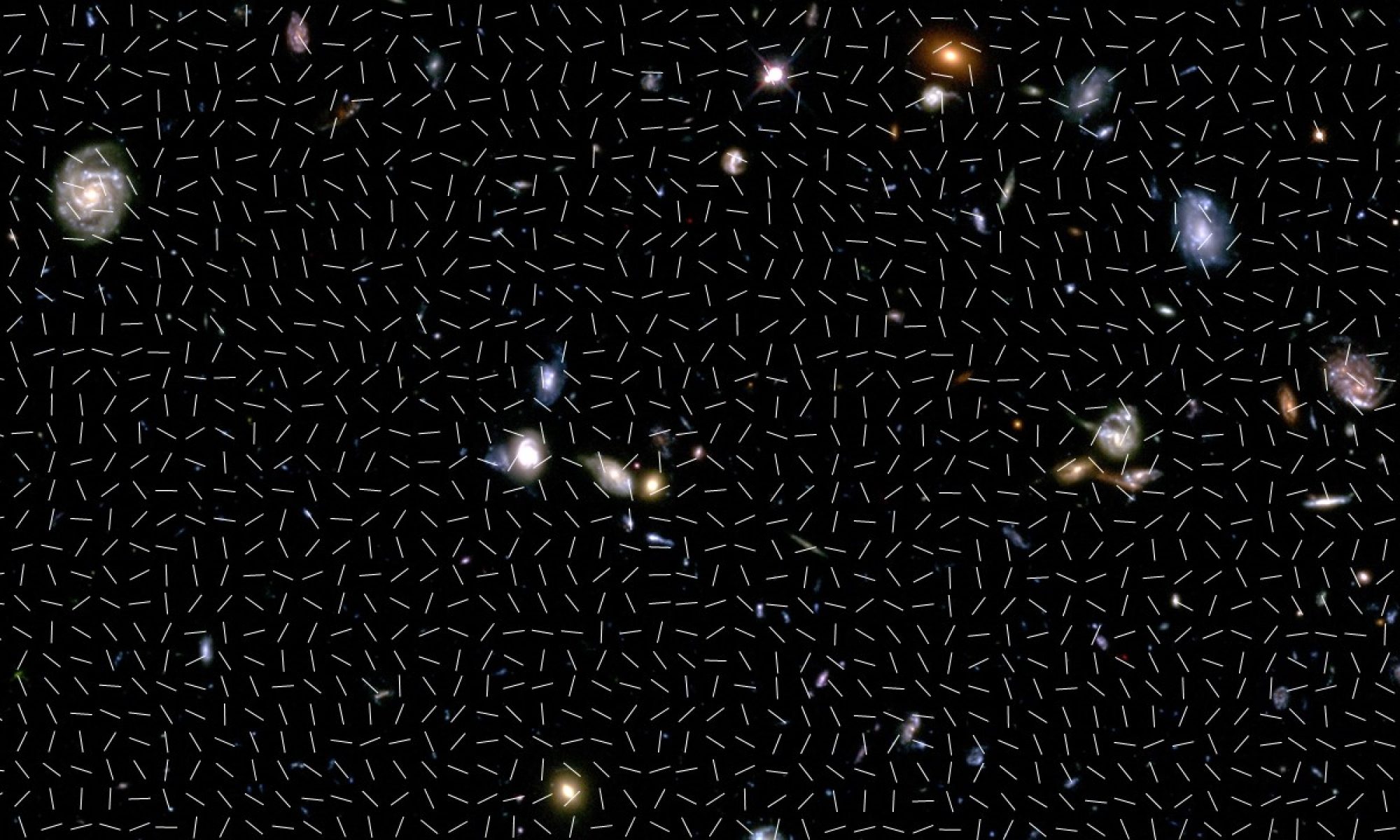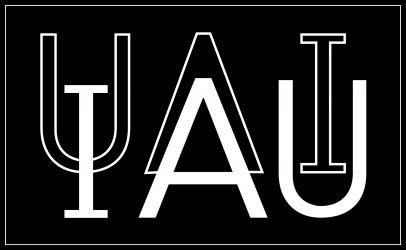Recent measurements of the Hubble constant and (to a lesser extent) of the density and clustering strength of matter, hint at the possibility that cosmological parameters estimated at high- and low-redshift are inconsistent. Such a finding could be a sign that the highly successful Lambda CDM standard model of cosmology does not fully describe the true nature of our Universe, or could simply be a reflection of unrecognised systematics within one or more of these analyses. As a result, recent studies of low redshift probes utilising, in particular, the gravitational lensing of large scale structures (i.e. cosmic shear) have been particularly focused on the exploration and mitigation of systematic effects. At the sensitivity of current surveys, the community’s understanding of cosmic shear systematics is largely acceptable. However with the immense statistical power of next generation cosmic shear surveys, it will soon become paramount for the community to understand these systematics with unprecedented accuracy, particularly before proposing extensions to the standard LCDM paradigm: i.e. via dark energy, modified gravity, massive neutrinos, etc. Moreover, with the start of Rubin’s science operation and the launch of Euclid both in 2023, the IAU General Assembly 2022 is an extremely timely opportunity to address these questions. The aim of this focus meeting is therefore to bring together experts from the ongoing and future lensing surveys, thereby fostering collaboration between traditionally competitive teams, in order to build a consensus regarding cosmic shear methodologies, and identify the key systematics and cosmological models that will need to be tested in the 2020’s
SOC
- Nicolas Martinet (LAM, France; co-chair)
- Angus Wright (Ruhr University Bochum, Germany; co-chair)
- Chris Blake (Swinburne University, Australia)
- Zuhui Fan (Yunnan University, China)
- Catherine Heymans (ROE, UK)
- Elisabeth Krause (Steward Observatory, USA)
- Clotilde Laigle (IAP, France)
- Rachel Mandelbaum (Carnegie Mellon University, USA)
- Peter Schneider (AIfA, Bonn, Germany)
- Masahiro Takada (IPMU Tokyo, Japan)

